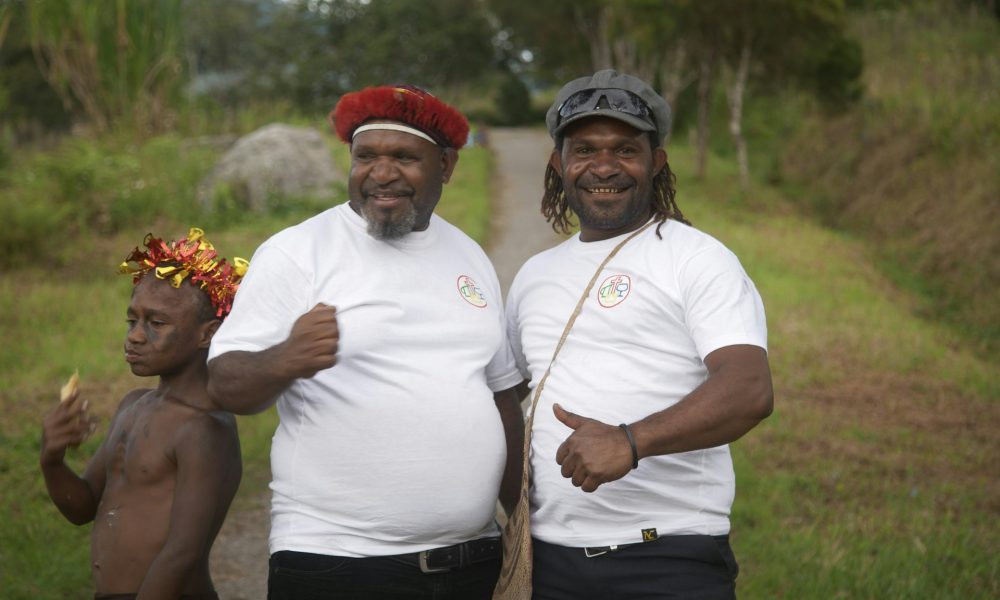
Popular NGO TRAFFIC Signs “The Pledge We Want Campaign”

Most people don’t realize that Indigenous Peoples and local communities are holding up the last strong walls against climate collapse. They protect forests, wildlife, and ecosystems better than anyone. Yet, when the climate money rolls out, they get barely a sliver.
That is why the campaign “The Pledge We Want” matters, and why TRAFFIC, a global NGO focused on wildlife trade, has just added its voice to the call.
The campaign is a global initiative to reform how climate and conservation funds are allocated. It wants money to actually reach the 1.8 billion Indigenous, local, and Afro-descendant Peoples who are doing the real, dirty, life-saving work on the ground. These communities are the best stewards of nature. Yet, they are locked out of the systems that claim to protect it.
Why This Pledge Is Different
TRAFFIC signing on is no small thing. They have spent decades tracking and tackling illegal wildlife trade. However, they also recognize that conservation doesn’t work without the people who live in and with nature.

Lilia / Unsplash / “The Pledge We Want” campaign is asking governments, donors, and big international institutions to stop the performative talk and start writing real checks that reach Indigenous communities directly.
Not filtered through layers of bureaucracy. Not tied up in confusing grant hoops. Straight to the people who know the land like their own skin.
At COP26 in Glasgow, countries pledged $1.7 billion to support these communities. It was a good start, but the pledge expires in 2025, and most of that money hasn’t even reached the ground yet. Meanwhile, climate change is speeding up, forests are falling, and frontline communities are being ignored again.
“The Pledge We Want” is pushing for a stronger, more honest replacement before COP30 in Brazil.
Indigenous Peoples manage over a third of the world’s intact forests. Studies show deforestation rates are much lower where Indigenous communities have secure land rights.
But the funding model is still stuck in old, top-down thinking. Money often goes to large international organizations, not to local groups. The process is complex, rigid, and out of touch with real community needs. It is also often blind to gender, ignoring the leadership of Indigenous women who are key to holding both the land and their communities together.
The Aim Is to Put Communities in Control
TRAFFIC’s support adds weight to the campaign. They are already putting these ideas into practice. In Cameroon, they are collaborating with local groups to enable communities to legally access “Community Forests.” It means people can manage and benefit from forests sustainably, without losing control of their land.
In Nepal and Southern Africa, TRAFFIC is helping indigenous communities build sustainable income by harvesting and selling wild plants. This kind of work turns words into action. It shows what happens when communities are trusted, trained, and given the tools to build their own future without being pushed aside.

Hara / Unsplash / The campaign also backs global biodiversity goals, including the Global Biodiversity Framework Targets 5 and 9.
These targets focus on making wildlife trade sustainable and ensuring that Indigenous Peoples and local communities have real access to decision-making, funding, and conservation benefits.
The truth is that indigenous communities don’t just need help. They are the help. They are not passive victims of climate change. Rather, they are active defenders, and they need fair funding, secure land rights, and a real say in global climate policy. Without them, there is no path forward.
That is what makes TRAFFIC’s move important. It shows that global conservation groups are waking up to the fact that inclusion is essential. When major players support campaigns like “The Pledge We Want”, it helps push governments and donors to take action.
More inCommunity
-
`
LGBTQI+ Rights Under Threat from Federal Rollbacks
LGBTQ+ communities across the U.S. are feeling the pressure. Since January 20, 2025, a wave of federal rollbacks has hit hard,...
August 30, 2025 -
`
How Will the 2025 Lion’s Gate Portal Bless Your Zodiac Sign?
Every zodiac sign feels the ripple when the Lion’s Gate Portal swings wide open. Peaking on August 8, 2025, this cosmic...
August 22, 2025 -
`
Why the Best Way to Discover the World Is Through Street Food
Street food is the real flavor of a place. Forget fancy restaurants with white tablecloths. If you want to know what...
August 14, 2025 -
`
How Lightning Strikes Claim 320 Million Trees Annually
Lightning is striking down more than just power lines. Every year, it kills about 320 million trees worldwide, and that number...
August 7, 2025 -
`
Women of Color Build Networks of Resistance Against ICE Raids
ICE raids have shaken communities across Colorado. But women of color are fighting back with grit and precision. In cities like...
July 31, 2025 -
`
Hypnosis May Help Open Your Mind to Change & Relieve Pain, Study
Hypnosis is not mind control. It is a clinical method that puts your brain into a calm, hyper-focused state. In this...
July 25, 2025 -
`
How Good Is Street Food in South Korea?
Street food in South Korea is a way of life. You will see students grabbing skewers after class, office workers stopping...
July 17, 2025 -
`
Iconic American Vogue Editor-in-Chief Anna Wintour Steps Down After 37 Years
After 37 years at the helm of American Vogue, Anna Wintour has officially stepped down as editor-in-chief. The 75-year-old British editor...
July 10, 2025 -
`
Here’s Why Psychedelic Healing Doesn’t Need Big Pharma
Community is the heart of real psychedelic healing. Not sterile clinics. Not white lab coats. And, of course, not a billion-dollar...
July 4, 2025

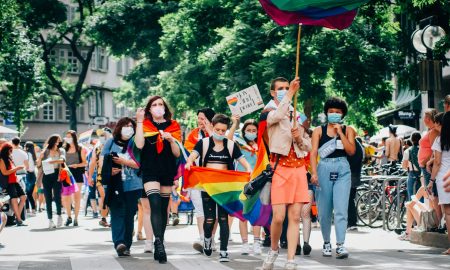


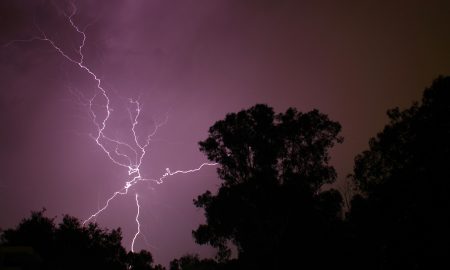
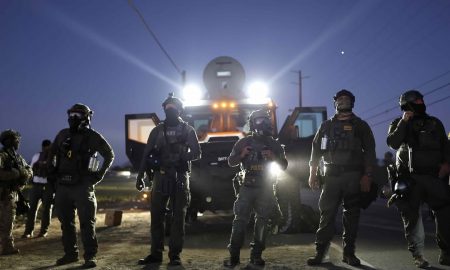



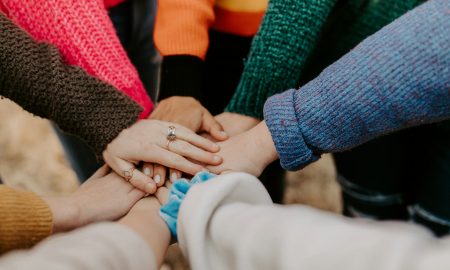
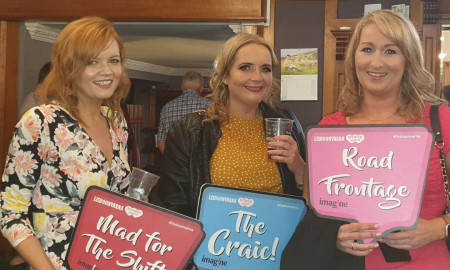
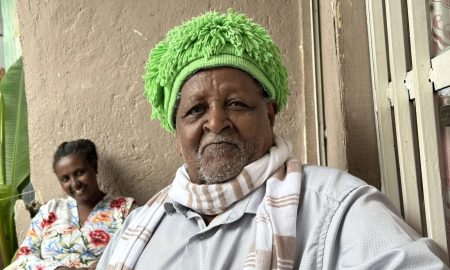


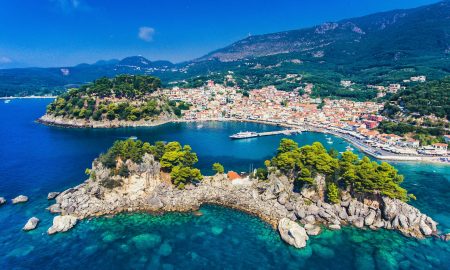
You must be logged in to post a comment Login